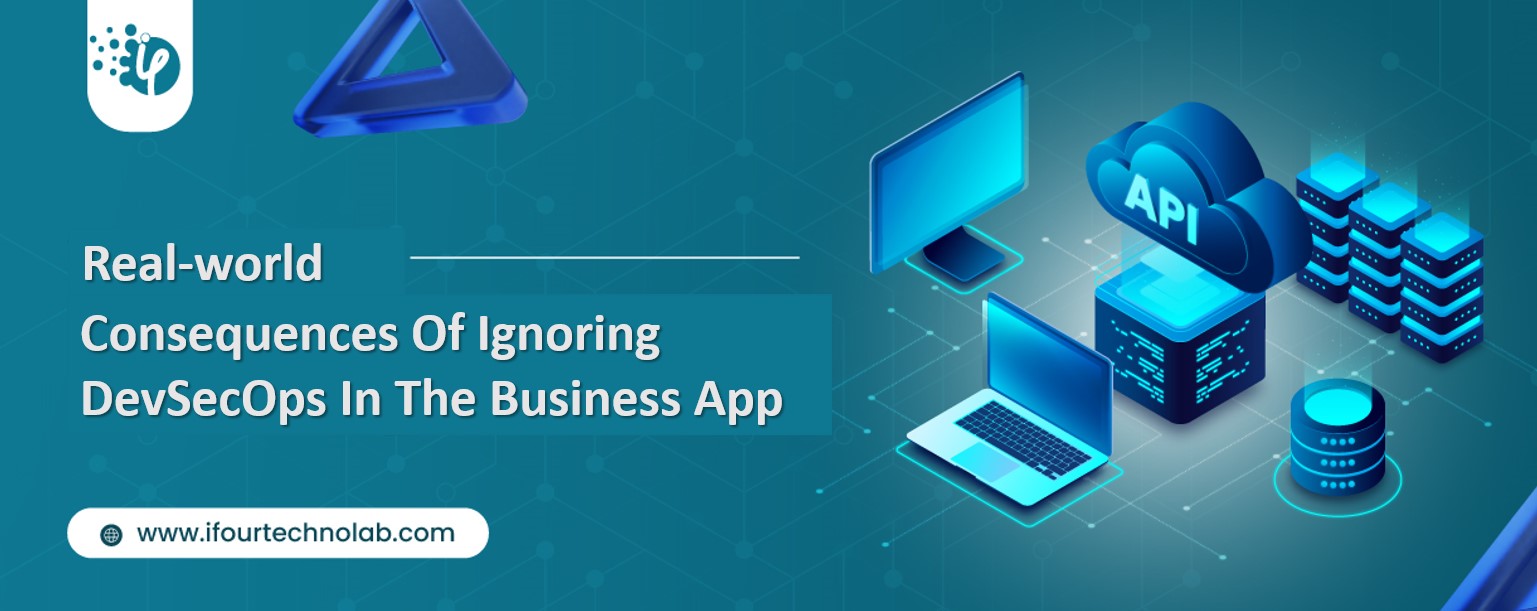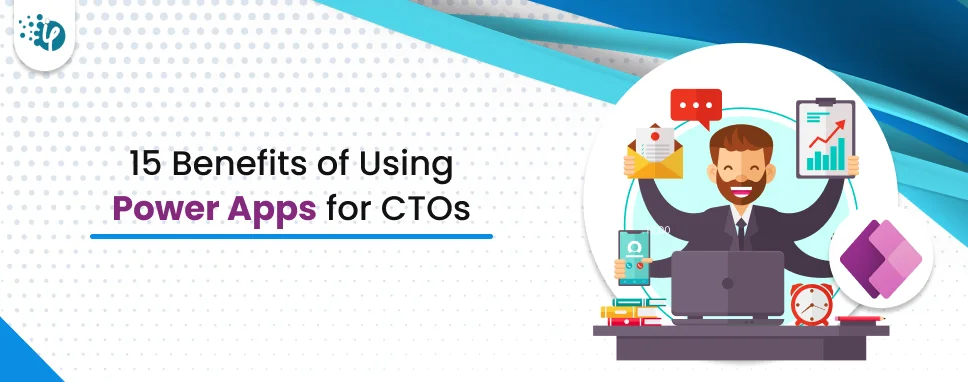4 Types of Healthcare Analytics with Examples & Success Stories
You already know how healthcare creates tons of clinical data every day. Patient visits… Labs… EMRs… doctor portals… scheduling systems… everything is generating numbers nonstop. But...
Listening is fun too.
Straighten your back and cherish with coffee - PLAY !

A few years ago, companies built software first and thought about security later. Developers and security teams did not cooperate, and problems were fixed only after release. This activated DevSecOps vulnerabilities and many DevSecOps failures.
Today, this process of working is dangerous. Many businesses use cloud systems, and even a small mistake can create DevSecOps risks. Ignoring DevSecOps can also bring compliance issues and gaps in automation.
According to the recent Statista report, in the second quarter of 2025, approximately 94 million data records were leaked. These DevSecOps breach examples reveal what can happen when companies set up software without adding security from the start.
This blog will explain the challenges of DevSecOps, the risks of ignoring it, common compliance issues, DevSecOps automation gaps, and the problems businesses face in cloud environments.
These are the major problems that happen when DevSecOps is ignored, how they occur, and real-world examples.
Speed up your application performance with Microsoft Azure App Services
How it happens: When DevSecOps is ignored, weak points remain hidden. Attackers can exploit these vulnerabilities before anyone warns.
Example: In 2019, Capital One’s misconfigured firewall exposed data of 100 million customers. This is a clear case of DevSecOps failure.
How it happens: If DevSecOps is ignored, security problems are discovered too late. This results in high maintenance, legal fees, and settlements.
Example: In 2017, Equifax paid over $700 million after failing to fix a known security issue, showing the high cost of ignoring DevSecOps.
How it happens: DevSecOps compliance issues are putting the business at risk of violating regulations that safeguard client information.
Example: Hackers stole the 4 lakh British Airways customers , resulting in a £20 million fine for the airline in 2021.
How it happens: Ignoring DevSecOps can raise doubts about whether their data is safe.
Example: In 2013, Target’s breach exposed 40 million credit card numbers, resulting in a valuation $18.5 million in settlements and long-term trust.
How it happens: DevSecOps automation gaps are discovered really late, forcing teams to redo work and delaying project releases.
Example: A Boeing 787 software deficiency caused expensive rework and certification delays because the issues were not identified early.
How it happens: DevSecOps failures attract attention, and stakeholders question the company’s reliability.
Example: Yahoo’s breach exposed 3 billion accounts, and Verizon reduced its acquisition offer by $350 million.
How it happens: Digital attacks can reduce efficiency when DevSecOps in cloud environments .
Example: Fuel shortages spread across the US East Coast after cyber threats disrupted the Colonial Pipeline.
Improve your business scalability with Microsoft 365 development services
How it happens: Ignoring DevSecOps consequences in business makes it less secure compared to competitors.
Example: After the Facebook Cambridge Analytica scandal , many users and advertisers moved to platforms with improved privacy controls.
How iFour Helps with DevSecOps
This blog highlighted the key consequences of DevSecOps Consequences in business, including privacy breaches, financial losses, regulatory issues, and operational disruptions. Real-world examples indicated how vulnerabilities and automation gaps can affect companies.
iFour Technolab brings over 12 years of experience in helping businesses manage DevSecOps risks and implement best practices. DevSecOps Consulting Services detect vulnerabilities early, close automation gaps, and ensure compliance, keeping businesses secure.
iFour’s expert guidance helps companies scale safely, reduce risks, and avoid the costly consequences of ignoring DevSecOps. Let us help your business stay protected while improving efficiency and security.
Failures can expose vulnerabilities, disrupt operations, and create automation gaps that slow projects.
Early vulnerability detection, continuous monitoring, automated compliance checks, and secure pipelines help prevent problems.
iFour detects vulnerabilities early, fixes automation gaps, ensures compliance, and strengthens security in cloud environments.

You already know how healthcare creates tons of clinical data every day. Patient visits… Labs… EMRs… doctor portals… scheduling systems… everything is generating numbers nonstop. But...

Implementing quick apps with the right strategies is essential for CTOs as it helps them deal with problems instantly and effectively. This is feasible by using a low-code technology, like Microsoft Power Apps. Check this comprehensive guide to learn more about Power Apps.

Automation is non-negotiable today. You cannot expect your team to do boring tasks such as data entries, email attachments, sending reminders, and more. And when it comes to automating...